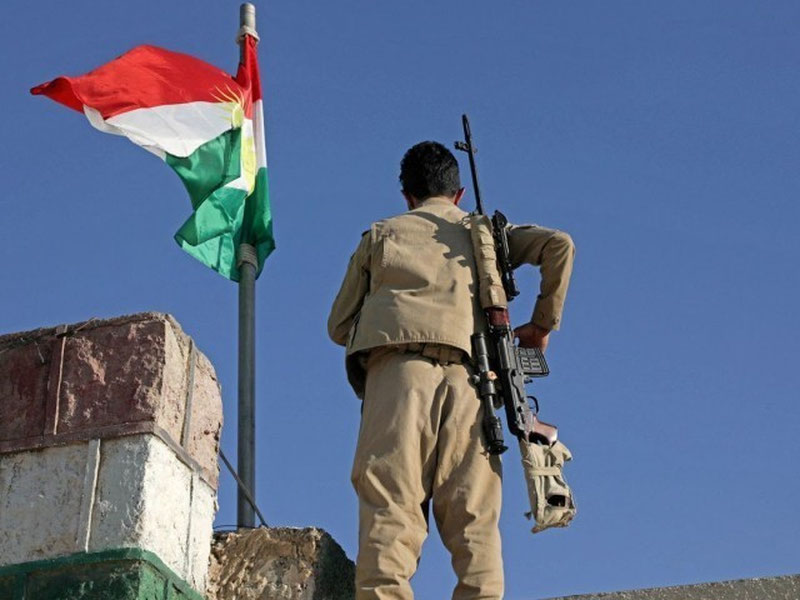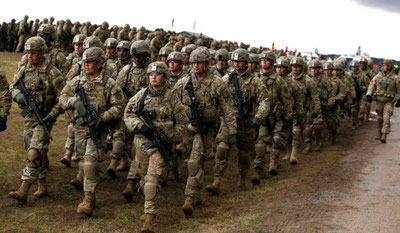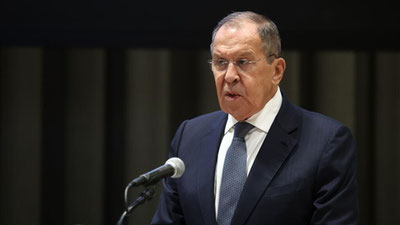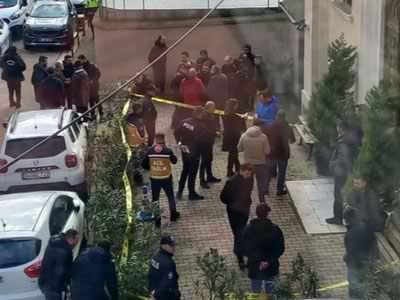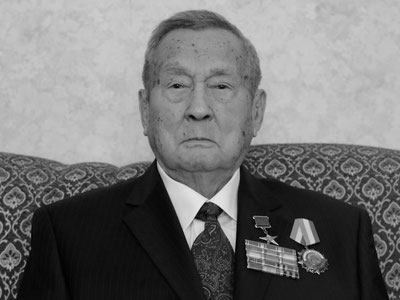Iran executed five people accused of spying for Israel. According to official Tehran, the agents transmitted coordinates for strikes to the enemy and imported equipment for drones. import. This is reported by the BBC.here.
In the last two weeks, Iranian officials have arrested over 700 people suspected of being connected to Israeli intelligence. According to the Iranian state media, five have already been executed — three of them were hanged on the morning of June 25.
These are citizens of Iran and Afghanistan, whom Tehran calls “agents of the Zionist regime”. The executions are mass and the sentences are quickly made - in "wartime mode".
According to Iran's Fars News agency, since the beginning of the Israeli attacks (June 13), Iranian intelligence services have noticed an increase in espionage activities.
Officials emphasize that the Mossad network has assisted the Israeli army in directly delivering strikes, transmitting target coordinates, and smuggling drone components and explosives.
Investigators say those executed were involved in such operations.
The Mizan justice agency has announced the names of some of the executed: Idris Ali, Azad Shojaei, and Rasul Ahmad Rasul. They were hanged near Urmia, close to the border with Turkey. Two others, Mohammad-Amin Mahdavi Shoisteh and Majid Mosayebi, were executed earlier, on June 22 and 23.
All of them are said to have transported or imported tools used in assassination attempts on senior Iranian officials.
According to the Financial Times, not only intelligence services but also volunteer groups like the Basij have been mobilized to fight against those suspected of espionage. Their fighters set up temporary check points, inspect vehicles, and search for weapons, drones, and contraband components. Van drivers, the unemployed, and people living around cities are often arrested without evidence.
According to human rights activists, many of the 700 arrested face the risk of death due to the lack of transparency in the judicial processes.
The head of the judiciary, Gholam Hossein Mohseni-Eje'i, urged judges to expedite the judicial processes:
"This is wartime. We can't afford to spend two or three months on a single case," he said.
Analysts are recalling the process of massive executions and purges in the late 1970s, a post-revolution period that became a means of maintaining power.
